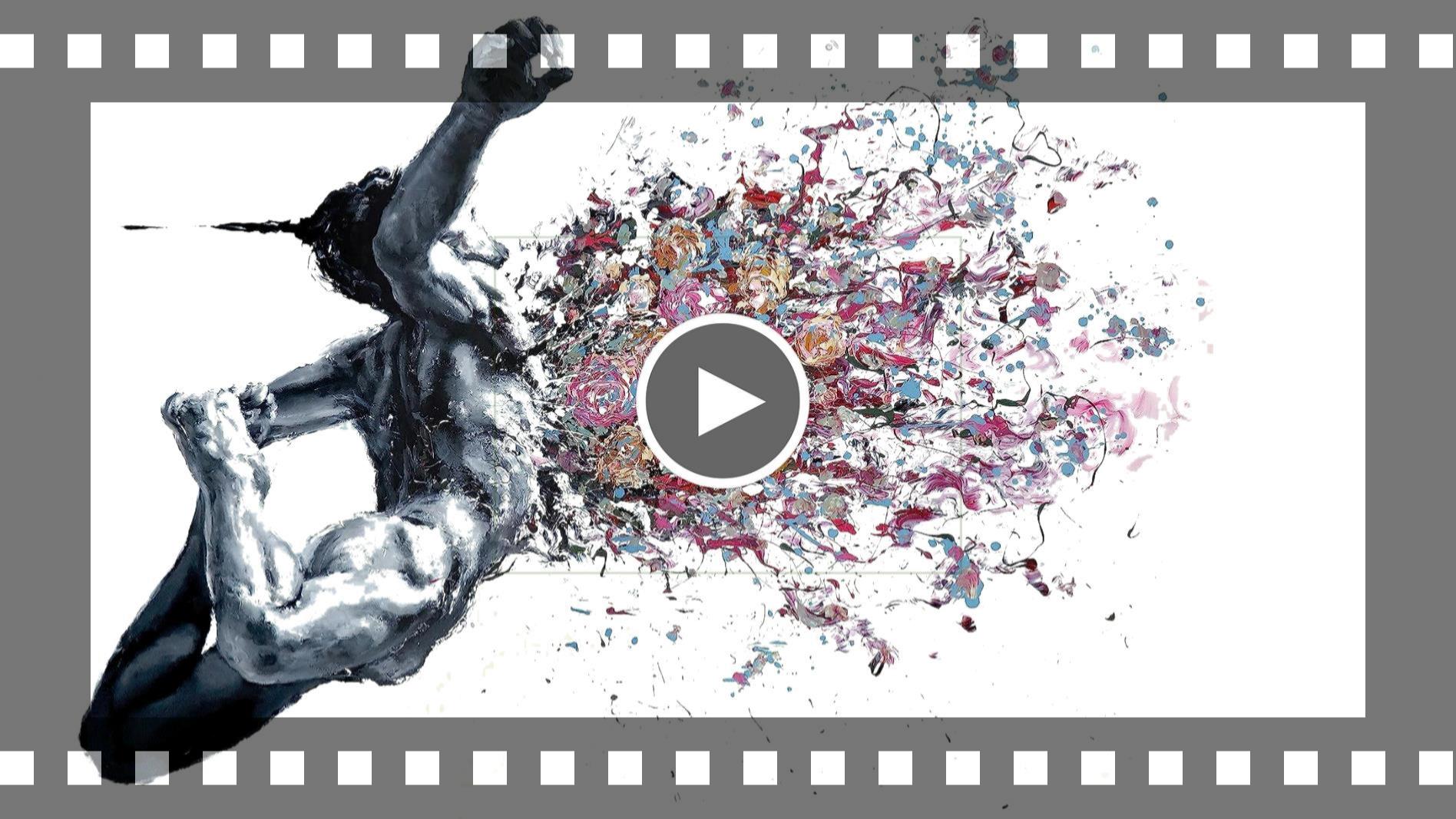“Think how long you have been doing the same thing over and over: food, sleep, sex, round and round in a circle. It is not only the sensible person, the brave person, and the miserable person who can conceive a wish to die: sheer disgust may wish for it as well.” – Seneca, Letters on Ethics 77.6
Undoing Suicidism is Dr. Alexandre Baril’s challenge to us to rethink suicidality—moving us toward a more honest and compassionate understanding rooted in the reality of oppression. Baril’s work pushes us beyond pity or fear, inviting us to see suicidal individuals as autonomous subjects deserving of dignity, choice, and a compassionate framework that acknowledges the complex social oppressions they face.
From the start, his book makes a statement—not just in its words, but also in its accessibility. It’s free to read. That might seem small, but it carries weight. It shows a commitment to care, radical transparency, and making knowledge available to those most affected. Imagine a marginalized reader, once excluded by economic barriers, stumbling upon this resource without a price tag, suddenly finding themselves included in a critical conversation. That alone signals this work is different.
—
Here’s Baril’s unique definition of suicidism: “Suicidism is an oppressive system, stemming from non-suicidal perspectives, that inflicts injustice and harm on suicidal people through discrimination, stigmatization, and exclusion.” In Baril’s work, “suicidism” specifically refers to systemic prejudice and institutional bias against individuals who experience suicidality.
—
What initially struck me most was how suicidality is reframed. Baril doesn’t treat it as just a symptom of illness. He asks us to see it as deeply shaped by social and political forces. In this framework, suicidism becomes a form of oppression—an ingrained system of reactions, laws, and norms that belittle, exclude, and pathologize suicidal people.
—
Take a common scenario: someone shares that they’re feeling suicidal. The first response is often to call emergency services without consent. That might seem like the ‘responsible’ thing to do. But Baril asks us to look closer. That automatic response takes away autonomy. It enacts control under the guise of care. And that’s suicidism in action.
—
Instead, imagine saying this: ‘Thank you for trusting me with how you feel. I’m here to support you, and we can talk about the options together. What do you feel most comfortable doing right now?’ This empowers the individual to lead their way forward, illustrating autonomy in action.
—
Baril also highlights the concept of compulsory aliveness: “Compulsory aliveness refers to the imposed will to live that delegitimizes the suicidal person’s desire to die. This normative injunction forces suicidal people to conform to societal expectations while negating their agency and freedom of expression.” Compulsory aliveness, Baril explains, describes the societal pressure that assumes everyone should inherently want to stay alive.
—
Baril’s critique of mainstream suicide prevention is urgent. Invites to “speak up” can lead to silencing measures—forced hospitalization and police intervention—treating people as problems rather than individuals needing support.
—
Consider this reflection on the harm caused by current approaches: “Current suicide prevention initiatives often cause harm, partly because they are linked to the belief that everyone should desire to remain alive. Suicidal people are expected to bear the burden of reassuring others even as they suffer alone and in silence, fearing forced institutionalization and ostracization.”
—
That creates a devastating paradox: the very openness people are told will save them becomes the reason they stay silent. However, Baril’s work is more than critique—it’s a vision. It imagines a different care: suicide-affirmative, harm-reduction-based, rooted in consent, solidarity, and anti-oppression. The aim isn’t to “fix” suicidal people, but to accompany, listen, and honor them with dignity, respect, and love.
—
This is not about encouraging suicide, but recognizing that true compassion listens with both ears while control silences and subdues. What if care meant listening, trusting, and supporting, rather than silencing, surveilling, or punishing?
—
To me, Undoing Suicidism poses a radical and humane question: What if being suicidal didn’t mean being silenced, institutionalized, or treated as a danger to society? What if it simply meant being human—and deserving respect like anyone else? And what if, in a moment of profound vulnerability, it were you? This shift in perspective could help us break down the us-versus-them barrier and foster deeper compassion and empathy for those who struggle.
—
Here is Baril’s urgent invitation: “Undoing Suicidism invites us to rethink the paradox where speaking openly about suicidality often results in punishment rather than support, silencing the very people who need care the most.”
—
This question isn’t just for the system, but for each of us. We must ask: Does our help truly serve those who are suffering, or does it simply protect our own comfort and control?
—
Ultimately, care is not about keeping someone alive at all costs. It’s about creating conditions where life is possible—on someone’s own terms. It’s about building a world where people can speak the truth of their pain without fear. Where support doesn’t come with strings attached. Where justice and compassion are not opposites—but allies.
—
Undoing Suicidism doesn’t just ask us to imagine a different world—it calls on us to take action. Let’s commit to rethinking our attitudes, challenging oppressive systems, and building supportive, consent-based care in our communities. The vision Baril offers is not only radical, but also necessary—and it’s up to each of us to help make it real. May our emancipation begin with a reading of Baril’s liberating book, Undoing Suicidism.




